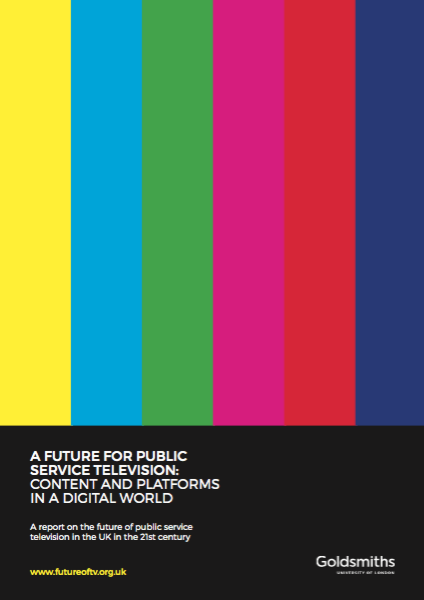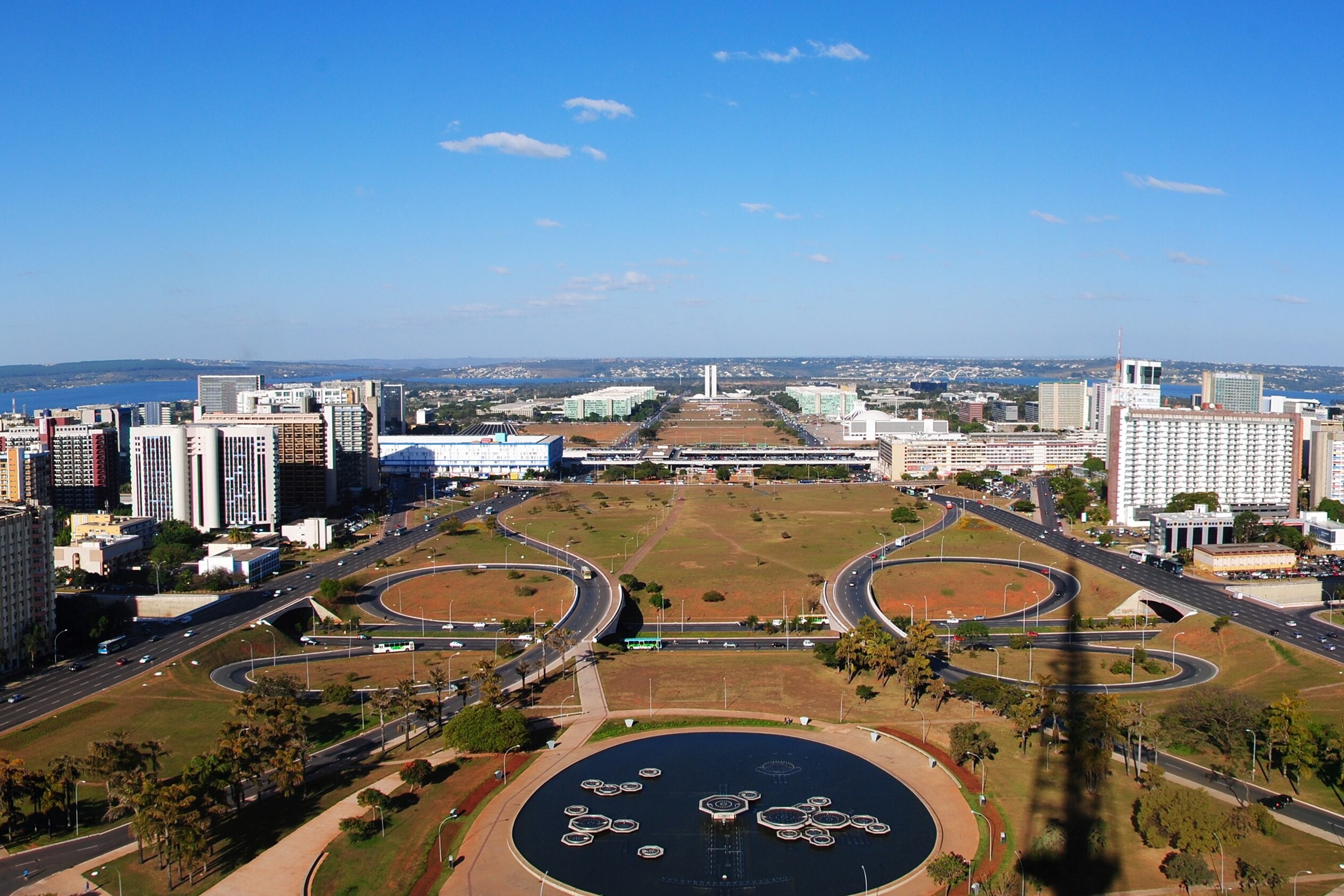After an eight-month inquiry, the Future for Public Television report has been released. Its conclusions consist of suggestions for the future of public and free-to-air television in the UK.

The inquiry was designed to explore whether the UK’s most popular TV channels are able to “best represent the interests and tell the stories of all citizens” against a backdrop of rapid changes to the media landscape – such as shifting audience consumption habits, proliferation and technological transformation.
Of particular interest to the PMA is the report’s exploration of these issues within the context of shifting cultural and political attitudes. These include high levels of disengagement from traditional political parties, the collapse of the centre ground, falling levels of trust in major public institutions and a willingness to identify with social groups beyond the level of the nation state. Such changes are not specific to the UK and can be seen replicated across the world.
Chaired by Oscar-winning producer Lord Puttnam and led by Professors Des Freedman and James Curran, the inquiry was based on the outcome of public events, discussions with industry representatives, academics and civil society groups amongst others.
The outcomes
The report’s suggestions are broad and take into account the recent White Paper on the future of the BBC as well as the threats of privatisation, regulatory changes and the need for sustainable funding models to ensure the future of public service television in a more complex and competitive media environment.
Amongst the report’s bolder conclusions is the suggestion that to ensure sustainability, there must be a change in the way that the BBC is funded. This, the report suggests, could be achieved through a platform-neutral taxation or a supplement to Council Tax. This would replace the Licence Fee, which allows the government to maintain an element of control according to the report’s authors. A similar model to that proposed has been regarded as a relative success in Germany.
In another response to the White Paper, the creation of a unitary board for the BBC is proposed, the report is adamant that any board should be completely independent from government and fully representative of the devolved nations and diverse public of the UK. Furthermore, the White Paper’s suggestion that Ofcom regulate the BBC has been met with calls for an assurance that it will be done so without the input of the government or “its commercial rivals”.
Maintaining ‘independence’ is a running theme throughout the report, with fears that influence from commercial outlets or privatisation could lead to drastic shifts in the ability of the UKs free-to-air broadcasters to create pluralist content or content which is relevant to the UK’s regional and local populations. With this in mind, the authors backed further devolution of the BBC to its regional headquarters. This would allow for a new Six O’clockl TV news programme’s that would more accountably reflect the viewpoint of the public in Scotland, Northern Ireland and Wales. In an interview with the BBC’s Radio Scotland, Lord Puttnam said “There’s no question that the world as viewed from Edinburgh and Glasgow is a different world as viewed from London. Those editorial decisions ought to be located in Scotland because they affect Scotland.”
There’s no question that the world as viewed from Edinburgh and Glasgow is a different world as viewed from London. Those editorial decisions ought to be located in Scotland because they affect Scotland
Moreover, the inquiry found clear dissatisfaction from interviewees about the representation of “ethnic, regional, national and faith-based minorities” and those from poorer backgrounds. The PMA endorses the reports acknowledgment that although we are in a period of rapid social and media change, the key principles of public broadcasting namely; independence, universality, citizenship, quality and diversity need not only to be preserved but embedded into the regulation and funding of emerging digital landscapes. In other words, we must not ‘throw the baby out with the bath water’.
Beyond the representation of diversity, the report also calls for greater efforts to ensure content diversity, i.e. dynamic content that appeals to younger audiences who are more likely to turn to alternative media platforms. Cuts to content for younger viewers has been widely reported in recent years.
With its unique global overview, the Public Media Alliance regards the evolution of public broadcasters into public media organisations as essential. As the report highlights, this means that public broadcasters, should be required to develop and support emerging communications technologies and services. The PMA also strongly rejects the current proposal to abolish this role for the BBC.
As for Channel 4, the inquiry lauded the channel’s remit for diverse content and its unique position in supporting the independent production sector. It heavily criticised any intent to fully privatise the broadcaster, insisting that it should maintain its flexible remit but restore its declining arts programming.
One issue highlighted by the report is that of the undervaluation of public service generated content. The carriage of public service programming by commercial networks is not a ‘favour’. This content is of high quality and currently undervalued by private distributors. This situation could easily be redressed by the payment of retransmission fees by Pay-TV platforms.
One aspect of concern to the PMA, not mentioned in the report, is that of international coverage. The report acknowledges that it is important for public service television to ‘represent the interests and tell the stories of the citizens of the UK’, but in a globalised world we see it as essential that global stories are reflected in a variety of genres by any national broadcaster. This international content provides a context for increasingly ‘bite sized’ news and current affairs about the wider-world. As the report notes, citizens of the UK are demonstrating an increasing willingness to identify with social groups beyond the level of the nation state, public media therefore has a clear remit to provide international content. ‘Bringing the World to the UK’ was a core purpose of the BBC but rather disconcertingly it is one that the current White Paper is proposing to drop outside of news and current affairs.
Despite this criticism, we welcome this report as a broad and compelling challenge to the existential threats faced by public television organisations in the UK, whether they are social, cultural, financial or political. Written within the transitionary context of the UK, we also believe this report to have global resonance and highly recommend it to our global public broadcasting members.
By Kristian Porter
Related Posts
27th September 2016
The future remains uncertain for public service media in Brazil
The future of public media in Brazil is…
11th June 2014
Workshop to discuss digital future of public media for kids
The CBA is to hold a pre-summit…
